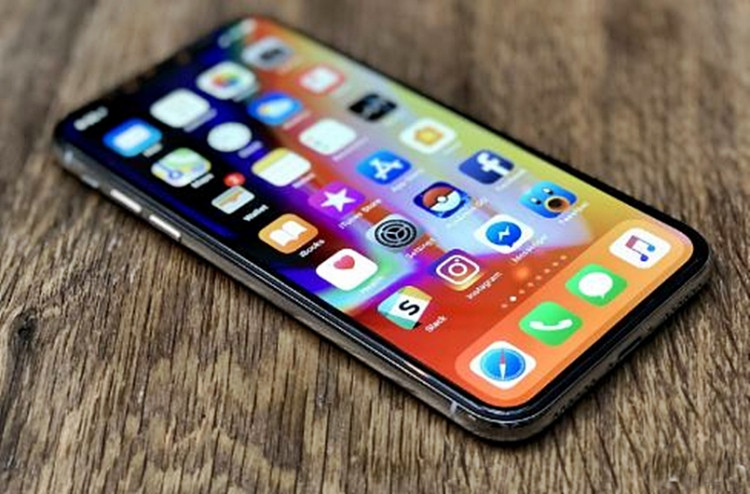Apple, Inc. purged more than 25,000 gambling apps available on its App Store after blistering criticism from China's communist government that the California-based firm wasn't doing enough to protect its customers in China.
State-owned broadcaster CCTV announced the Apple crackdown and said more was to follow. Apple, however, didn't confirm it deleted 25,000 apps but said it did take some form of action in this regard.
Apple's decision to act came weeks after state-controlled media blasted Apple for failing to prevent spam, gambling, pornography and other illegal activities from its App Store.
Apple makes available more than 1.5 million apps in Greater China, a region that includes China mainland, Hong Kong and Taiwan. Greater China is Apple's third largest source of sales, earning over $9.6 billion in the most recent quarter. Revenues from Greater China account for some 18 percent of Apple's total worldwide revenues.
Apple's censorship hasn't always been well received. The firm was widely and loudly lambasted for its decision in July 2017 to remove from the App Store more than 50 VPN apps, which can be used to bypass China's internet censorship firewall. CEO Tim Cook said Apple had to follow Chinese law, and brushed aside criticism he had caved to another of China's censorship demands.
Cook argued it was vital forApple to remove apps from developers who didn't have a license from the Chinese government. He somehow naively believes the banned apps - along with others removed by Apple to comply with Chinese censorship -- will return.
An Apple spokesperson affirmed that gambling apps are illegal and not allowed on the App Store in China. He said Apple has removed many apps and developers for trying to distribute illegal gambling apps on the App Store.
He claimed Apple remains vigilant in its efforts to find these gambling developers and stop them from selling their wares on the App Store.
Chinese political pundits, however, claimed the crackdown on gambling apps is another instance of Beijing leveraging a new weapon in the trade war against the United States. They noted the trade war scuppered Qualcomm's attempted $44 billion acquisition of Dutch semiconductor maker NXP Semiconductors N.V.
Qualcomm only needed the nod of China's State Administration for Market Regulation, the regulator that reviews merger and acquisitions, for the deal to push through. The eight other regulators worldwide involved in the acquisition all approved the deal. Without the Chinese regulator's approval, however, the deal was canceled on July 26.





